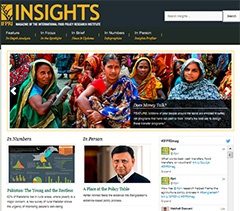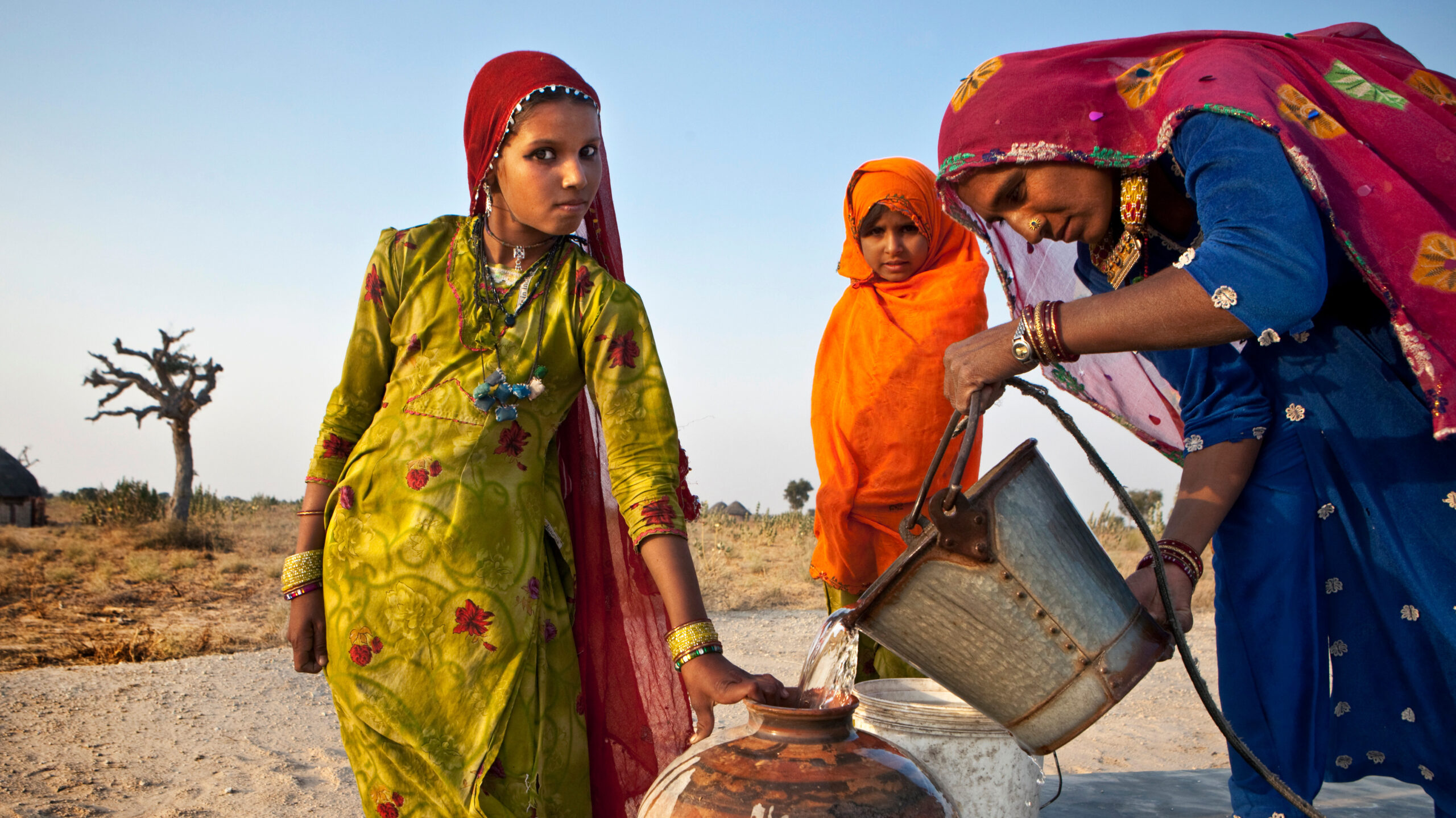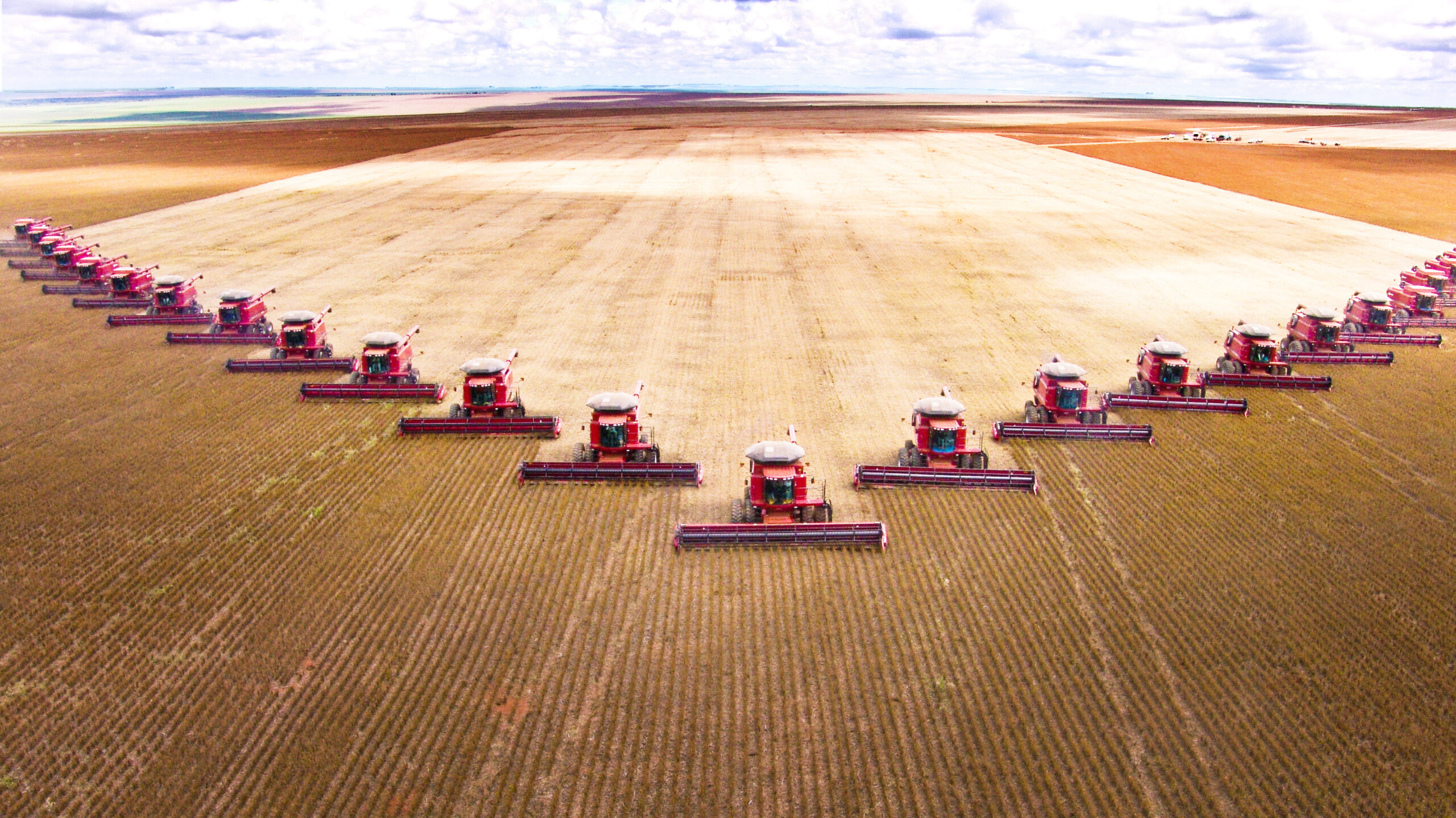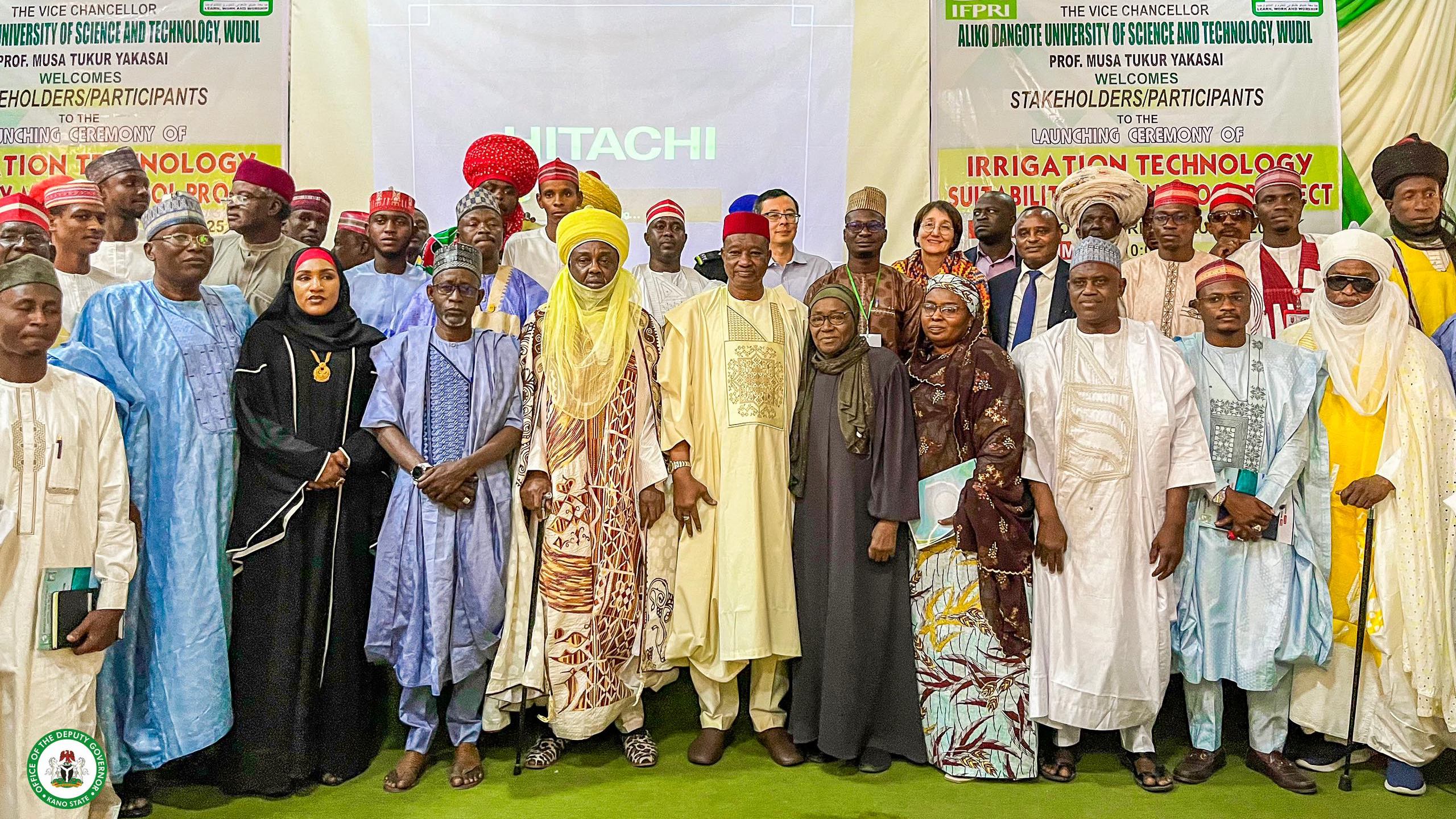The May 2015 edition of Insights, IFPRI’s print and online magazine, is available, with a roundup of stories on recent research from the Institute.
The feature article in the May 2015 issue—“Does Money Talk?”—looks at the complicated question of how to design safety-net programs for the most vulnerable people. Around the world, millions of people are enrolled in safety-net programs that hand out cash, food, or vouchers. But what works best? Some safety-net programs attach conditions that recipients must meet. Is that effective, or is it better to give people money with no strings attached? Insights describes the latest research on these questions from IFPRI and elsewhere.
The issue also highlights IFPRI’s work on understanding people’s aspirations and how they relate to their decisions and investments. Can taking steps to raise people’s aspirations ultimately help make them better off? Researchers are examining this question in Ethiopia and Pakistan.
IFPRI researchers are also taking a closer look at teff, one of Ethiopia’s main staple crops. Because teff is largely grown and consumed only in Ethiopia, it has received little attention from crop researchers. Now researchers are studying teff’s nutritional characteristics and asking whether new ways of growing it could help raise farmers’ yields.
Profiled in this issue is IFPRI Senior Research Fellow Ahkter Ahmed, who has spent years studying issues related to food security, poverty, and safety nets in Bangladesh. According to Ahmed, Bangladesh is unusually committed to relying on research and evidence when setting policy. This approach has helped the country cut its poverty rate nearly in half—from 49 to 26 percent—between 2000 and 2014.
In an article and infographic, the issue also highlights a recent survey of rural Pakistan for which data are now available. The survey reveals broad deprivation and shows how challenging it will be to improve people’s well-being and opportunities for a better life. Literacy, especially among females, is low, village services are meager, and people experience frequent shocks for which they have no coping strategies.
The issue of Insights covers many other topics as well, including highlighting nutrition success stories from Bangladesh and Nepal, assessing the potential impact of the new world trade agreement on developing economies, and prospects for fostering a new Green Revolution in Africa.







